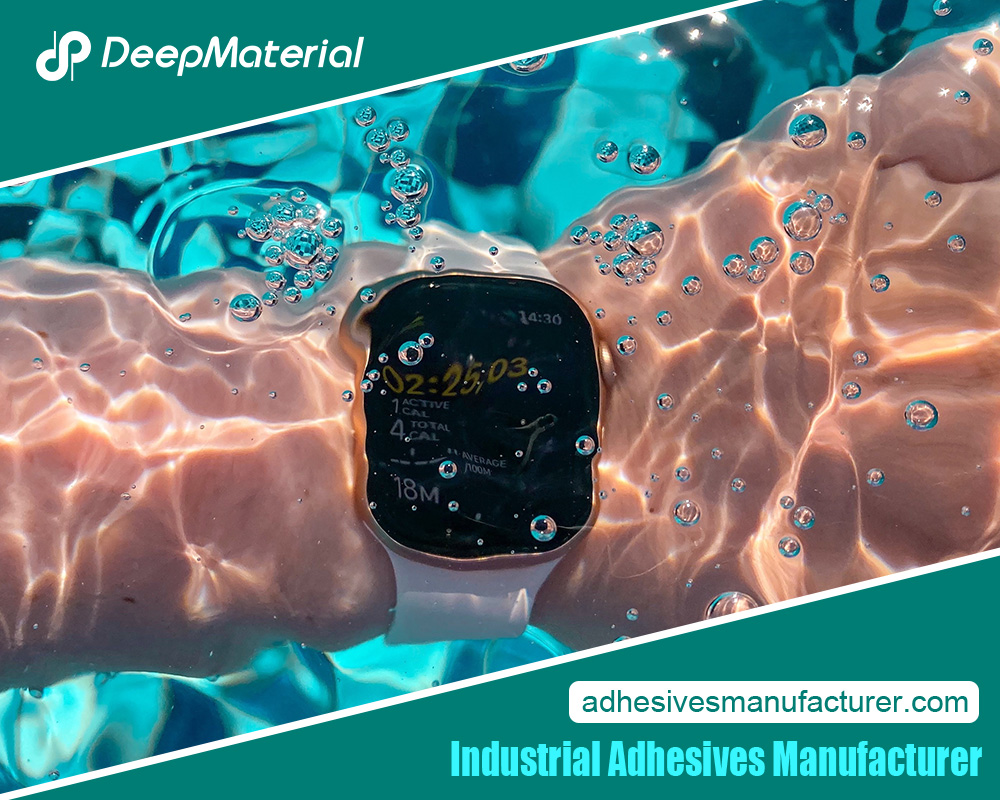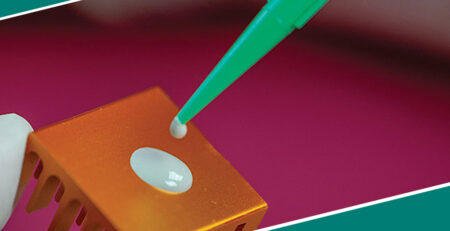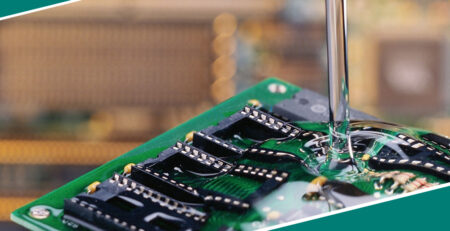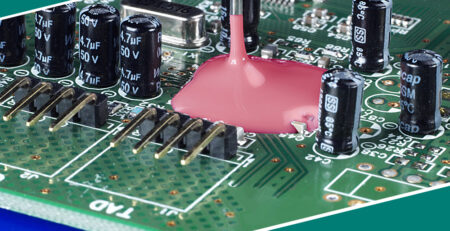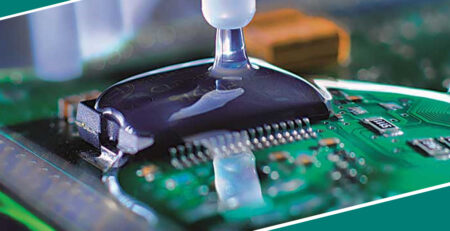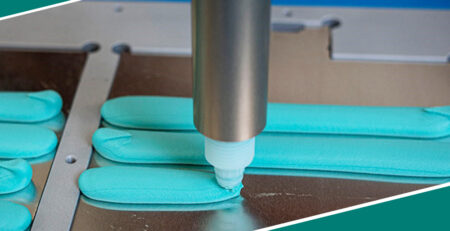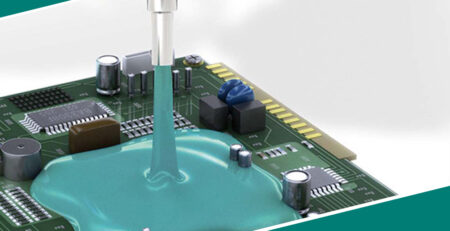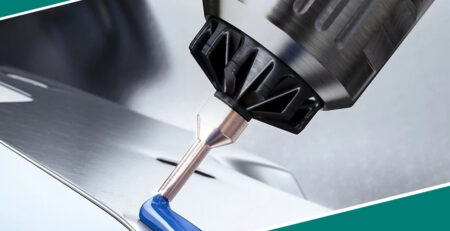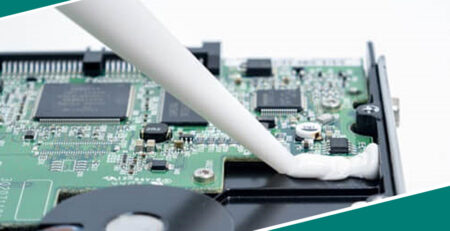High-Performance Electrical Insulation with Epoxy Resin
High-Performance Electrical Insulation with Epoxy Resin
Electrical insulation is critical to modern engineering and electronics, ensuring that many devices and systems operate safely and efficiently. One of the most versatile and practical materials used for this purpose is epoxy resin. Renowned for its excellent electrical properties, chemical resistance, and mechanical strength, epoxy resin is preferred in various applications, from electronics to heavy industrial machinery. This article explores the multifaceted role of epoxy resin in electrical insulation, examining its properties, applications, benefits, and the considerations necessary for its practical use.
Properties of Epoxy Resin
Epoxy resin is a thermosetting polymer known for its robust characteristics, making it ideal for electrical insulation. The properties of epoxy resin contribute to its effectiveness and versatility in various applications, particularly in electrical insulation. Key properties include:
- Electrical Insulation:Epoxy resin has high dielectric strength and can withstand high voltages without breaking down. This property is crucial for insulating electrical components, preventing electrical discharge, and enhancing safety.
- Thermal Stability:Epoxy resin maintains its properties at high temperatures. This thermal stability is essential for heat generation applications, ensuring the material does not degrade or lose its insulating properties under thermal stress.
- Mechanical Strength:Epoxy resins are known for their mechanical robustness, durability, and structural integrity. It makes them suitable for use in demanding environments with prevalent mechanical stresses.
- Chemical Resistance:Epoxy resins can resist various chemicals, including acids, bases, and solvents. This chemical resistance ensures the resin’s longevity in multiple environments and protects electrical components from potential chemical damage.
- Adhesion: Epoxy resin exhibits excellent adhesion properties, allowing it to bond to various substrates securely. It is particularly beneficial in electrical applications, where strong adhesion can enhance the reliability and performance of insulated components.
These properties make epoxy resin a preferred material for electrical insulation. Its high dielectric strength ensures effective insulation, while thermal stability allows it to perform reliably in high-temperature environments. The mechanical strength of epoxy resin adds to its durability, making it suitable for use in applications subject to physical stress. Chemical resistance further extends its applicability, protecting insulated components from environmental degradation. Lastly, the excellent adhesion properties of epoxy resin ensure that it can bond to different materials securely, enhancing the overall performance and reliability of insulated electrical components.
Applications in Electrical Insulation
Epoxy resin’s versatility makes it suitable for numerous applications in electrical insulation:
Printed Circuit Boards (PCBs)
Epoxy resin is widely used to manufacture PCBs, providing a stable and insulated environment for electronic components.
- Dielectric Layer:Acts as a dielectric layer separating conductive layers.
- Encapsulation: Protects sensitive electronic components from moisture and physical damage.
- Heat Resistance:Maintains stability and performance in high-temperature operating conditions.
Transformers and Inductors
In transformers and inductors, epoxy resin is employed for its insulating and protective qualities:
- Coil Insulation: Ensures electrical isolation of windings.
- Core Encapsulation: Protects the core and windings from environmental factors.
- Thermal Management:Helps dissipate heat generated during operation.
Electric Motors
Epoxy resin insulation is essential in the construction and operation of electric motors:
- Winding Insulation:Insulates motor windings to prevent short circuits.
- Structural Integrity: Adds mechanical strength to motor components.
- Vibration Resistance:Enhances durability by resisting mechanical vibrations and shocks.
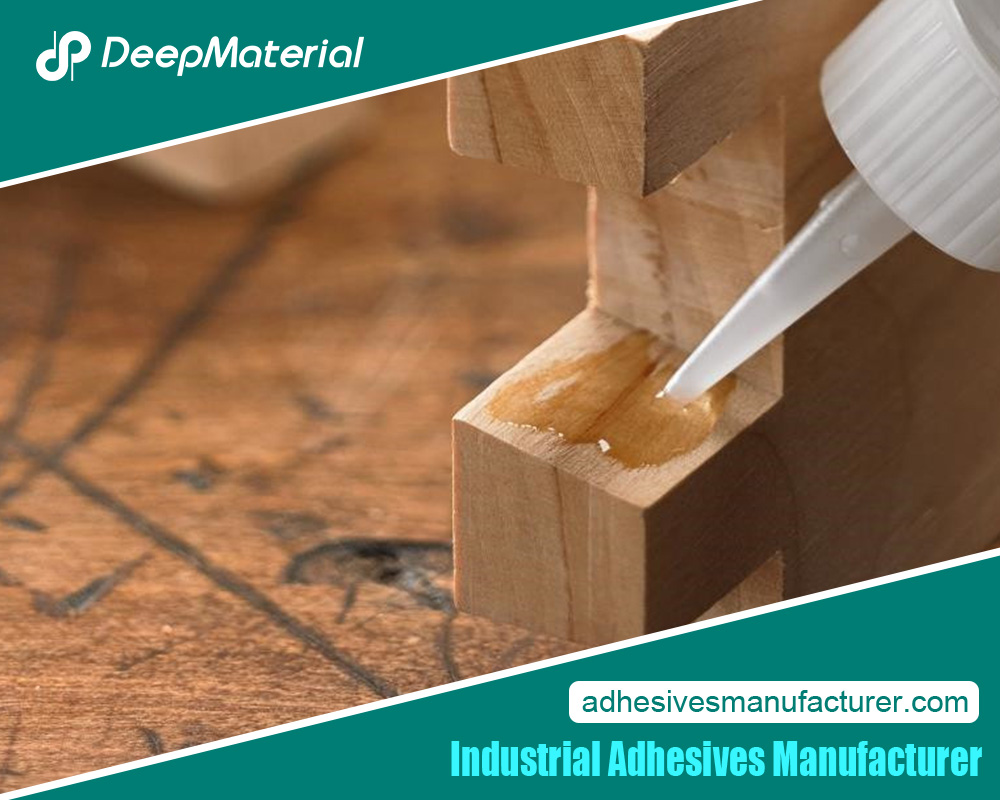 Benefits of Using Epoxy Resin
Benefits of Using Epoxy Resin
The use of epoxy resin in electrical insulation offers numerous advantages:
Enhanced Safety
- High Dielectric Strength: Reduces the risk of electrical breakdown and short circuits.
- Chemical Resistance: Minimizes the risk of degradation due to exposure to harmful substances.
Reliability and Longevity
- Thermal Stability:Ensures consistent performance over a wide temperature range.
- Durability: Mechanical strength and chemical resistance contribute to a longer service life.
Versatility
- Adhesion: Adhesion bonds well with various materials, enhancing its applicability.
- Formability: Can be molded into different shapes and sizes to fit specific needs.
Considerations for Using Epoxy Resin
While epoxy resin offers many benefits, certain factors must be considered to ensure optimal performance:
Curing Process
The curing process is critical to the performance of epoxy resin. Proper curing ensures that the resin achieves its complete mechanical and electrical properties.
- Temperature: Maintaining the correct curing temperature is essential for optimal results.
- Time: Adequate curing time is necessary to reach complete polymerization and strength.
Application Techniques
Proper application techniques are vital for achieving the desired insulation properties:
- Surface Preparation: Ensuring the surface is clean and contaminant-free enhances adhesion.
- Mixing Ratios:Correct resin and hardener mixing ratios are crucial for consistent properties.
Environmental Factors
Environmental conditions can impact the performance of epoxy resin insulation:
- Humidity:High humidity can affect the curing process and final properties.
- Temperature Fluctuations: Extreme temperature changes can cause thermal stress and impact durability.
Innovations and Future Trends
The field of electrical insulation with epoxy resin is continuously evolving, driven by technological advancements and emerging needs:
Nano-Enhanced Epoxy Resins
Incorporating nanoparticles into epoxy resins can enhance their electrical and mechanical properties:
- Improved Dielectric Properties:Nanoparticles can increase dielectric strength and reduce electrical losses.
- Enhanced Mechanical Strength: Nanocomposites offer superior mechanical properties, improving durability.
Eco-Friendly Epoxy Resins
With growing environmental concerns, the development of eco-friendly epoxy resins is gaining traction:
- Bio-Based Resins:These resins, derived from renewable sources, offer a sustainable alternative.
- Reduced Toxicity: Innovations aim to minimize the environmental impact of resin production and use.
Advanced Curing Techniques
New curing techniques are being developed to optimize the performance and application of epoxy resins:
- UV Curing:Offers faster curing times and improved control over the process.
- Room Temperature Curing:Advanced formulations allow for adequate curing at room temperature, simplifying the application process.
Challenges and Solutions
Despite its many benefits, the use of epoxy resin in electrical insulation also presents challenges:
Handling and Safety
Epoxy resins can pose health and safety risks during handling and application:
- Protective Equipment: Using appropriate protective equipment, such as gloves and masks, is essential.
- Ventilation: Ensuring proper ventilation can reduce the risk of inhalation of fumes.
Cost
The cost of high-quality epoxy resin can be a concern for some applications:
- Cost-Effective Formulations:Research is ongoing to develop more cost-effective formulations without compromising performance.
- Bulk Purchasing: Buying in bulk can reduce costs and ensure a steady supply for large-scale applications.
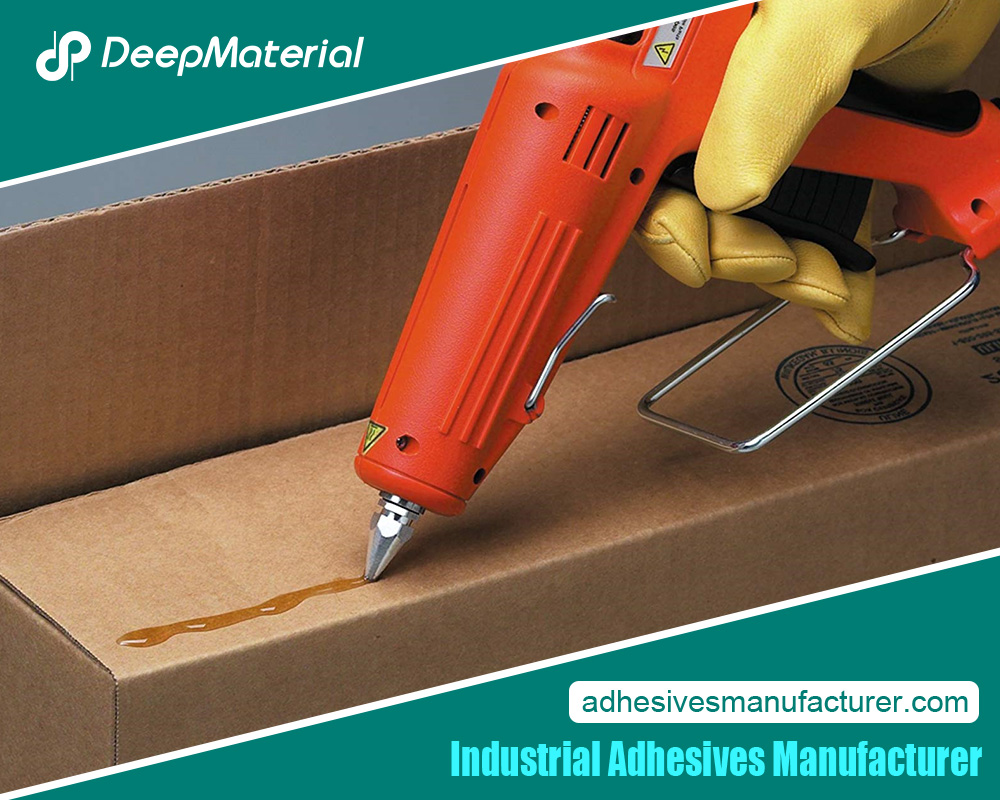 Conclusion
Conclusion
Epoxy resin stands out as a premier material for electrical insulation, offering a unique combination of electrical, mechanical, and chemical properties. Its application spans various fields, from electronics to heavy machinery, underlining its versatility and effectiveness. As technology advances, innovations in epoxy resin formulations and applications continue to emerge, promising enhanced performance and sustainability. Understanding the properties, benefits, and considerations of using epoxy resin is essential for leveraging its full potential in electrical insulation. Epoxy resin can significantly enhance electrical systems’ safety, reliability, and efficiency with careful handling and application.
For more about the top high-performance electrical insulation with epoxy resin, you can pay a visit to Deepmaterial at https://www.adhesivesmanufacturer.com/ for more info.

